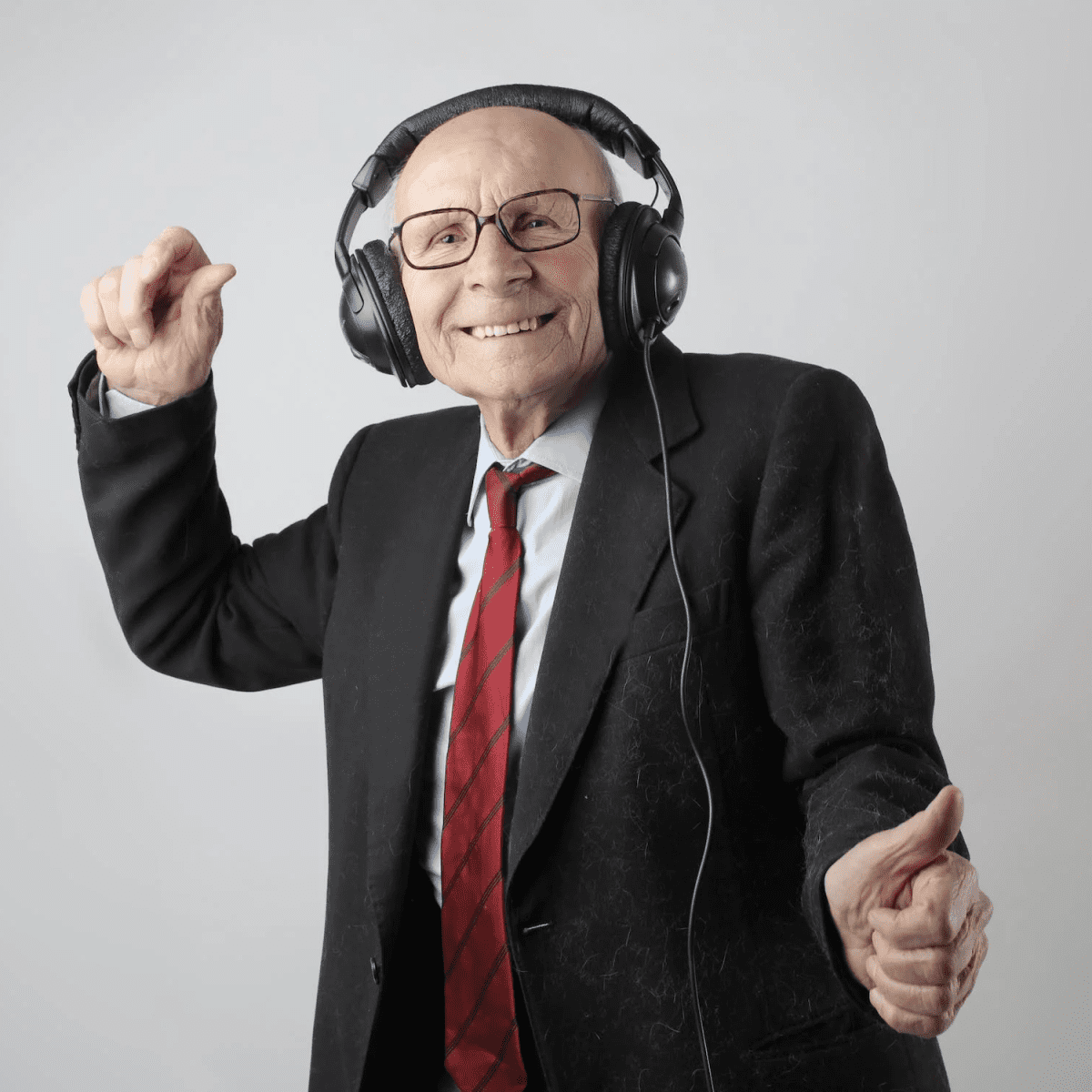Music is really a potent medium and an integral section of our everyday lives. Music envelopes, from advertisements to anthems, from nursery rhymes for the self-repeating jingles we use as a memory device.
With your teenage years, a lot of your mates likely heard precisely the same, or similar, music and artists. Shared music can produce a sense of community and togetherness, potentially introducing that you people you’d probably have not met.

Among music’s main benefits is merging people that may well not otherwise know one another. For moms and dads or grandparents who cannot communicate as effectively as a result of medical or language barriers, songs, melodies, and sounds will bring unity without the need for words.
Sometimes, culture will get lost between generations, in particular when languages aren’t transferred. Music can connect the older and younger generations and help preserve culture, as a parent or grandparents often share cultural traditions and stories through songs or teaching instruments.
Encourages exercise and physical health
After they hear a good beat, most of the people can’t help but move a bit – even if they “can’t dance.” Whether your beloved is frequently at the gym, would rather embark on walks, or maybe likes to dance, music is an excellent way of getting them through to their feet.
Exercises are fundamental to the home chef mainly because it strengthens your muscles and bones, cuts down on risk of disease and illness, and improves overall mobility superiority life. Some individuals aren’t fond of the fitness center, but that’s not the only method to exercise! An excellent song will get your heart pumping along with your body moving.
Can improve mental health
Music can drastically affect our feelings while stating of mind. They have which can reach deep emotional areas of the mind and evoke strong emotions. Happy, joyful music triggers our brain’s dopamine receptors, which ends up in mood boosts and a more positive outlook on life. In contrast, sad music tends to have the opposite effect.
Your emotions will more than likely do the same depending on the form of music you pay attention to. For instance, when exploring gym, athletes often play hype music to enable them to push because of their best, and composers use intense music to trigger fear, surprise, and suspense in film scores.
Music will help those who experience anxiety or depression by calming and reducing those feelings. Some therapists even use music to discover emotions individuals don’t necessarily have the words expressing.
The most effective songs for seniors are the type which means that something to them. Ask your spouse about their favourite songs, or introduce the crooks to something totally new!
It improves concentration while keeping focused.
Playing a musical instrument is an excellent method to build concentration while focusing. All new skills require steady attention and perseverance to get down. Research shows that learning a musical instrument strengthens the grey matter in the brain, fosters more communication involving the left and right sides of the brain, and improves overall cognitive ability.
As a result, people who play musical instruments have better concentration, memory, fine motor skills, and overall brain strength. This fact remains true in case you started learning as an adult.
In case your beloved has always wanted to learn to play music, get them to do this. Not only does learning a musical instrument improve cognitive function, but it’s also fun! It could introduce new friends and new experiences.
Music is attached to memory.
Sound is a close second to smell in relation to essentially the most memory-linked senses. Music carries a distinct means of triggering our memory, as certain sounds and songs often emphasize memorable moments we keep all-around our hearts. They’re able to help bring us back to the places we’ve been and help us remember the people we knew.
Therapists recommend or integrate music therapy for those with Alzheimer’s or dementia. In spite of the condition, music often revives memories that will preferably be forgotten. For musicians especially, there have been most cases where muscle memory gets control, and despite the presence of dementia, they can play and improvise songs perfectly.
However, the commonest usage of tunes and melodies is always to ease the depression and anxiety that can come using the diagnosis and progression of dementia. Experts the best music for seniors with dementia is familiar, calming or happy.
Even though your parent or grandparent doesn’t have dementia, music can revive fond memories and transport rid of it to “the good ol’ days.”
To encourage fitness, a number of locations have music programs to supplement our memory care program and improve our residents’ quality lifestyle. As an example, our Seasons Amherstburg location hosts weekly music days where our staff talk with residents to help them feel taken care of and included.
How you can strengthen your loved one incorporate music later on in life
Since you’re acquainted with some of the benefits associated with music, here are some ways you can integrate the good thing about music into your parent or grandparent’s daily life:
Curate a playlist over a CD or perhaps a music-playing website (i.e., YouTube, Spotify, etc.).
Find live music in the community. (i.e., A jazz bar, a faculty band or a musical theatre show).
Introduce the crooks to a music streaming platform and teach them using it to find their favourite songs.
Recommend music therapy.
Get them to learn a device, sing or dance.
Get them to join a dance class or choir group with a community centre or church.
Conclusion
Music is really a beautiful way to express what is not expressed through words. Hence, it becomes an excellent method for seniors to relieve stress, grow their mood, and enhance their overall lifestyle.
To get more information about retirement songs check out the best site

